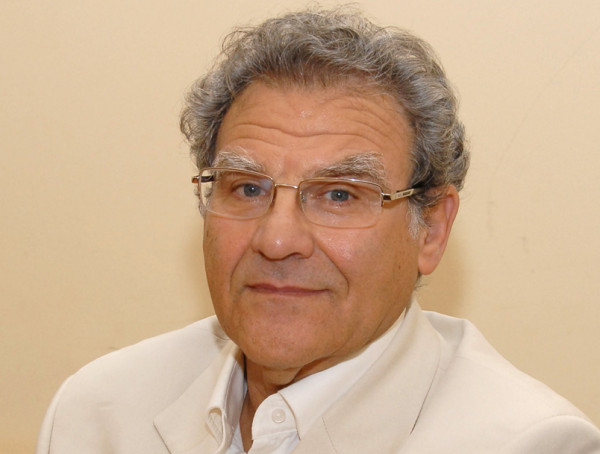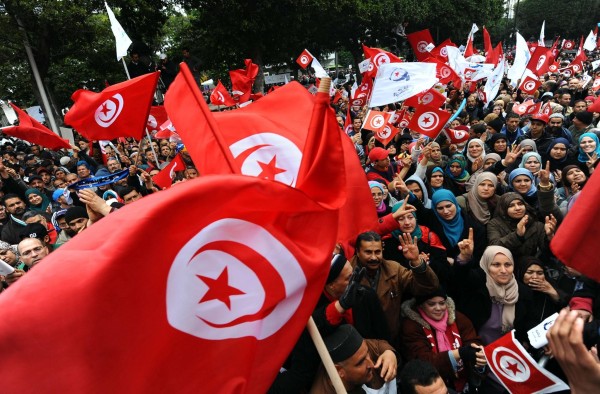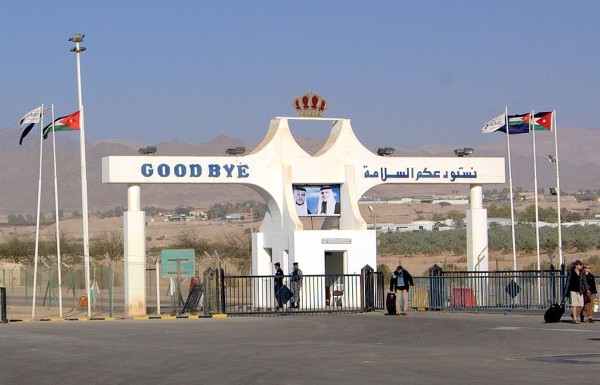The Iran nuclear agreement and the disintegration of Arab state structures pose significant security challenges for Israel, says one of Israel’s most prominent political analysts.
Speaking at the University of Toronto’s Munk School of Global Affairs on October 19, Efraim Inbar said the accord curbing rather rolling back Iran’s nuclear program will have dire repercussions in the Middle East.
Inbar, a professor of political studies and the director of the Begin-Sadat Center for Strategic Studies at Bar-Ilan University, said Israel and its chief ally, the United States, are no longer on the same page concerning Iran.

Until quite recently, Washington and Jerusalem were in agreement that Iran’s nuclear arsenal should be dismantled. But in a shift, U.S. President Barack Obama has switched course, changing U.S. policy from dismantlement to containment and thereby taking the first big step to legitimize Iran’s nuclear program.
In addition, the Obama administration may have decided to allow Iran to play a “responsible” role in the region, he noted.
Washington’s volte-face with respect to Iran will have a major impact on the regional balance of power, said Inbar, currently a visiting professor at Boston University.

Excoriating the Iranian regime as fanatical and genocidal, Inbar claimed Iran has no intention of either moderating its hegemonic policies or ending its hostility to Israel.
He predicted that the nuclear agreement, signed last July by Iran and the six world powers, will set off an arms race in the Middle East, impelling Muslim countries like Saudi Arabia and Turkey to build their own nuclear devices. “Saudi Arabia and Turkey won’t be left behind. It’s quite clear to everybody.”
For Israel, a nuclearized Middle East is a “strategic nightmare” because it could affect its ability to deter its enemies.
As a result of the nuclear agreement, he added, Israel’s faith in American promise to protect its vital interests has diminished. Alluding to next year’s U.S. presidential election, Inbar — a self-styled conservative — said, “We hope for a change. Anybody is better than Obama.”
Inbar warned Israel is moving in the direction of launching a preemptive strike on Iran’s nuclear sites, a move, he said, he would endorse. Israeli Prime Minister Benjamin Netanyahu, though normally cautious about the use of force, is quite capable of ordering such a strike.
“It would be a historic gamble,” he said.”But it worked in Iraq and Syria,” he said, referring to Israeli strikes on Iraqi and Syrian nuclear reactors in 1981 and 2007, “and it may work in Iran.”
Iran’s desire to become a nuclear power can only be nipped in the bud by military means, he claimed, implicitly dismissing the notion that last summer’s agreement can contain Iranian ambitions. “I’m not trigger happy, he claimed, saying it would be irresponsible to remove the military option from the table.
By his estimate, an Israeli strike would set back the Iranians by three years.
American air power could easily knock out Iran’s nuclear program. “It would be a one-night job for the U.S.,” he said.

Since the Arab Spring rebellions — which erupted in Tunisia in 2010 and spread to the rest of the Arab world in the following year — a succession of Arab states have become embroiled in civil wars. As a result of these developments, Arab armies are no longer capable of fighting conventional wars against Israel, he pointed out.
By the same token, the turmoil in the Arab world has empowered non-state actors like Hezbollah in Lebanon, Hamas in the Gaza Strip and Islamic State in Syria and Iraq. In this difficult political landscape, Israel has no choice but to “mow the grass”– to wage war in self-defence against Islamic organizations such as Hamas and Hezbollah.
With the collapse of central authority in nations like Syria and Libya, terrorists can operate more freely and are harder to deter, he said.
Israel has a vested interest in assisting Jordan and Egypt, both of which signed peace treaties with the Jewish state. Israel must assure that Jordan remains a reliable buffer state and that Egypt wins the battle against Islamic rebels in the Sinai Peninsula, he said.

In reply to a question, Inbar expressed doubt whether Palestinian statehood is on the horizon. By his reckoning, Israel is strong and therefore ready for a protracted struggle with the Palestinians. “Peace is not coming soon. We have the stamina to go on.”
Inbar said he would back territorial concessions in the West Bank as part of a promising peace process with the Palestinians, but in the meantime, he supports the construction of Jewish settlements in existing settlement blocs close to the old border.
“The settlement issue is greatly exaggerated,” he said, noting that Israel has in the past withdrawn from settlements in Sinai, the West Bank and Gaza.